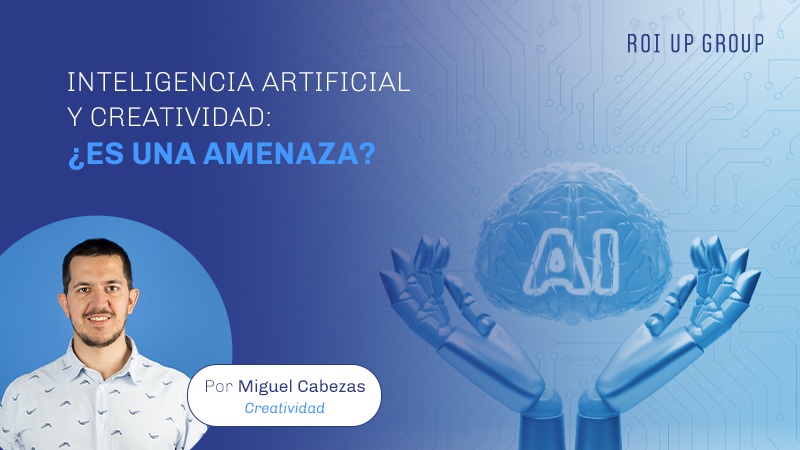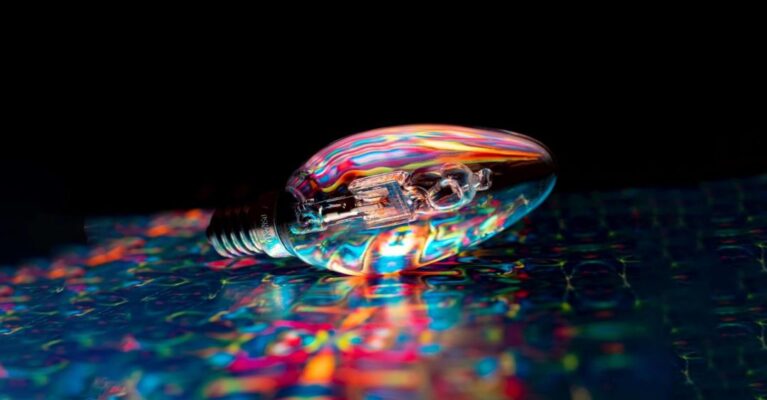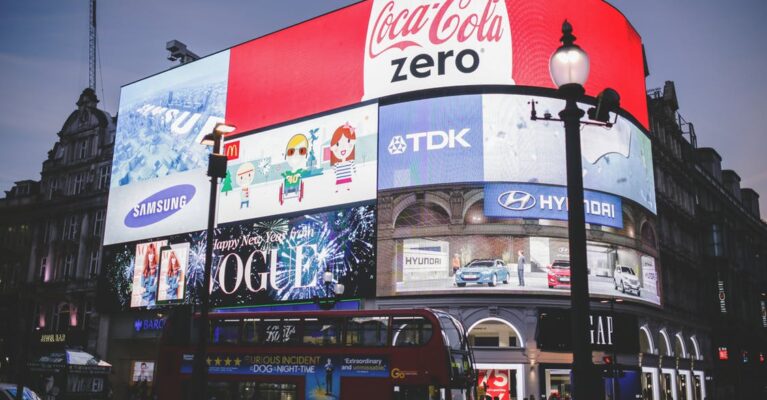
“Do Androids Dream of Electric Sheep?” This is the title of one of my favorite science fiction books by the writer Philip K. Dick. A book that would later be adapted by director Ridley Scott in the film Blade Runner, another masterpiece of the 80s. The film tells a fictional story about a future in which AI is so advanced that androids become completely equal to humans and impossible to distinguish. Something that, lately, we are also beginning to imagine with the much talked-about advances in artificial intelligence and SEO, content creation and additional search engine functionalities. But when it comes to artificial intelligence and creativity, does the former pose a threat to the latter?
Will artificial intelligence replace professionals?
As in the Blade Runner movie, AI will replace all professions, even the hardest and most complex jobs. In fact, it is said that, thanks to DALL-E 2, designers will no longer have a job (at least that’s how it is announced non-stop and apocalyptically on social networks). It is also said that copywriters, journalists and writers will end up unemployed because of ChatGPT‘s AI.
The truth is that it is no longer possible to distinguish whether a text has been written by an AI tool or by a human being, but, in my opinion, this is just an illusion. The fact that it is prepared to deceive or imitate does not mean that it is really intelligent. Along these lines, some experts are still questioning what exactly artificial intelligence is and how to measure it in order to be able to state, so emphatically, that we have managed to recreate it artificially.
Professor Hervé Boulard’s research on artificial intelligence and creativity
As Professor Hervé Bourlard, director of Idiap Research Institute, says, a worldwide benchmark in artificial intelligence (just because it looks really smart) does not mean it is ‘really’ smart. In fact, Boulard argues that a child of 3 or 4 months can do things that an AI will never be able to do. And he gives as an example this situation: a child sees a glass of water on a table and knows that if he overturns it he will spill it and run out of water, but he enjoys doing it, he enjoys the process itself. This is something that, according to the expert, no machine will ever understand.
But Boulard also alludes to common sense, an ability that, according to him, these apps or tools will never have. Instead, what they can do is help with complex tasks that require large calculations, data analysis or automatic learning. These are sure to simplify all processes.
Can you imagine having an extremely analytical partner, with a great capacity for calculation, but without an ounce of common sense? Surely that is a combination that, without supervision, would surely lead to disaster. Would you leave your trust in the hands of a person with no common sense? Surely you would think twice before delegating such important tasks?
AI is, and will always be, a tool, a means to an end, but never the end in itself (well, let’s say in a long time, I like science fiction too much to say never…). Who knows if, one day, Ridley Scott’s or James Cameron’s movie will come true? Or if we will have as a neighbor a T800 with Arnold Schwarzenegger’s face mowing the lawn and saying good morning to us? Undoubtedly, AI is becoming a great tool, and that is why we have to be aware of its capabilities and limitations in order to use it in a correct and responsible way.
The drive for artificial intelligence today: the weight of advertising.
But, for me, the most interesting thing about all this is to confirm how it has come to be on everyone’s lips and have worldwide relevance. That we all talk about it, that there is no publication in any media without mentioning AI. It is not because of its capabilities or its tremendous overnight progress. In fact, research in artificial intelligence has been going on for more than 67 years. Therefore, the notoriety is thanks to advertising and marketing; that is the real secret of AI: making use of advertising to highlight its greatness while making the information accessible to all kinds of people.
AI has already begun to break into several marketing sectors: you can use it to improve the organic positioning of your site or apply it to your social media strategy, as we told you in our article on artificial intelligence and social networks.
For example, a good campaign can ‘do wonders’ for a product or service because, in the end, words are a very powerful force. Nothing like a good idea, a good copy and a good image. In short, a good campaign ‘to get everyone talking about us’. The truth is that this generates a very good result, and that is why we not only have AI in all media, but many others are joining this trend: smart watches, smart phones, even smart refrigerators, it seems that we want ‘everything to be smart’!
In the end, we seem to be the ones who dream of intelligent machines, of having machines to do any kind of task for us, of delegating everything and achieving perfect productivity. It seems that we want to dedicate ourselves to leisure, to continuous recreation, to rest… but dreams are dreams.
As you can see, at ROI UP GROUP we love marketing, advertising and AI, as well as making campaigns that everyone talks about. If you want, we will tell you how to make them talk about you. Contact ROI UP and we will help you.




